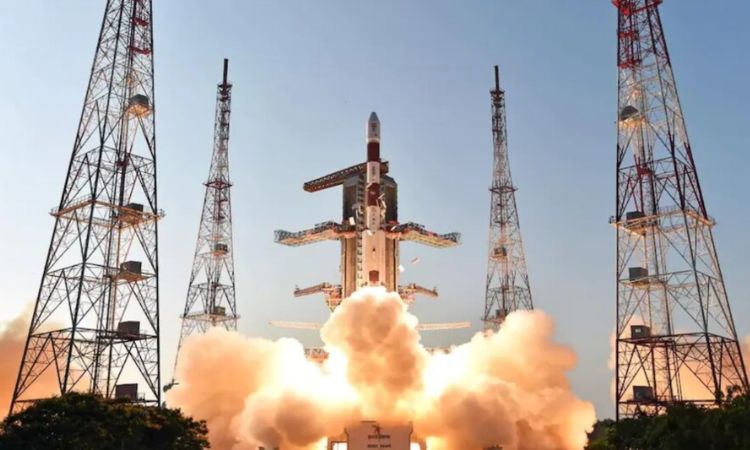Minister of State (MoS) for Science and Technology Jitendra Singh emphasized the pivotal role played by the private sector in India’s space economy highlighting that there are now 140 Indian space tech startups operating in India, which is a significant achievement due to the country’s liberalized space policies. The implementation of the GST exemption is expected to provide a boost to the domestic space tech sector, which has experienced significant growth in recent years.

In a significant move to support the Indian space tech ecosystem the Union government announced on Tuesday (July 11) that startups offering satellite launch services would be exempt from goods and services tax (GST).
Finance Minister Nirmala Sitharaman made this announcement following the recommendations of the 50th meeting of the GST Council. The objective behind this decision is to encourage and foster growth in the emerging space tech sector.
An official press release stated, “It has been decided that the GST (Goods and Services Tax) exemption on satellite launch services supplied by ISRO, Antrix Corporation Limited, and New Space India Limited (NSIL) may be extended to such services supplied by organizations in the private sector also to encourage startups.” It remains unclear if other facets of the space tech ecosystem such as manufacturing and satellite operation will also be exempted from this tax.
However, it remains uncertain whether the tax levy would also exempt other components of the space tech ecosystem, such as manufacturing and satellite operation.
This development is expected to bring positivity and momentum to India’s domestic space tech industry. Vinod Shankar, cofounder and Partner at Java Capital welcomed this move and expressed his optimism about its impact on stimulating further growth in the space tech arena. He also believes that it will lead to more private enterprises emerging in this field. Java Capital has AgniKul among its portfolio companies as a space tech startup.
Shankar stated, “The exemption will also encourage more investment in the space sector and is good news for firms investing in satellite or space technology. However, I do not expect a direct impact on investors because investors have other major aspects also to look into before capital infusion. However, it is a sign of encouragement for investors to invest more into companies in space and satellite startups.”
This announcement comes just a week after Minister of State (MoS) for Science and Technology Jitendra Singh emphasized the pivotal role played by the private sector in India’s space economy.
He also highlighted that there are now 140 space tech startups operating in India, which is a significant achievement due to the country’s liberalized space policies. The implementation of the GST exemption is expected to provide a boost to the domestic space tech sector, which has experienced significant growth in recent years.
According to reports Indian space tech startups have received over $205 million in funding since 2014. Additionally. Several local players have successfully secured substantial funding rounds in the past year. Offering competitive services and products compared to their international counterparts.
For example, Pixxel has secured $71 million from investors thus far and SatSure has received an undisclosed amount of funding from banks such as ICICI Bank, Kotak Mahindra Bank, and HDFC this year.
With the industry gaining momentum local spacetech startups are eyeing a market opportunity worth $77 billion by 2030.















